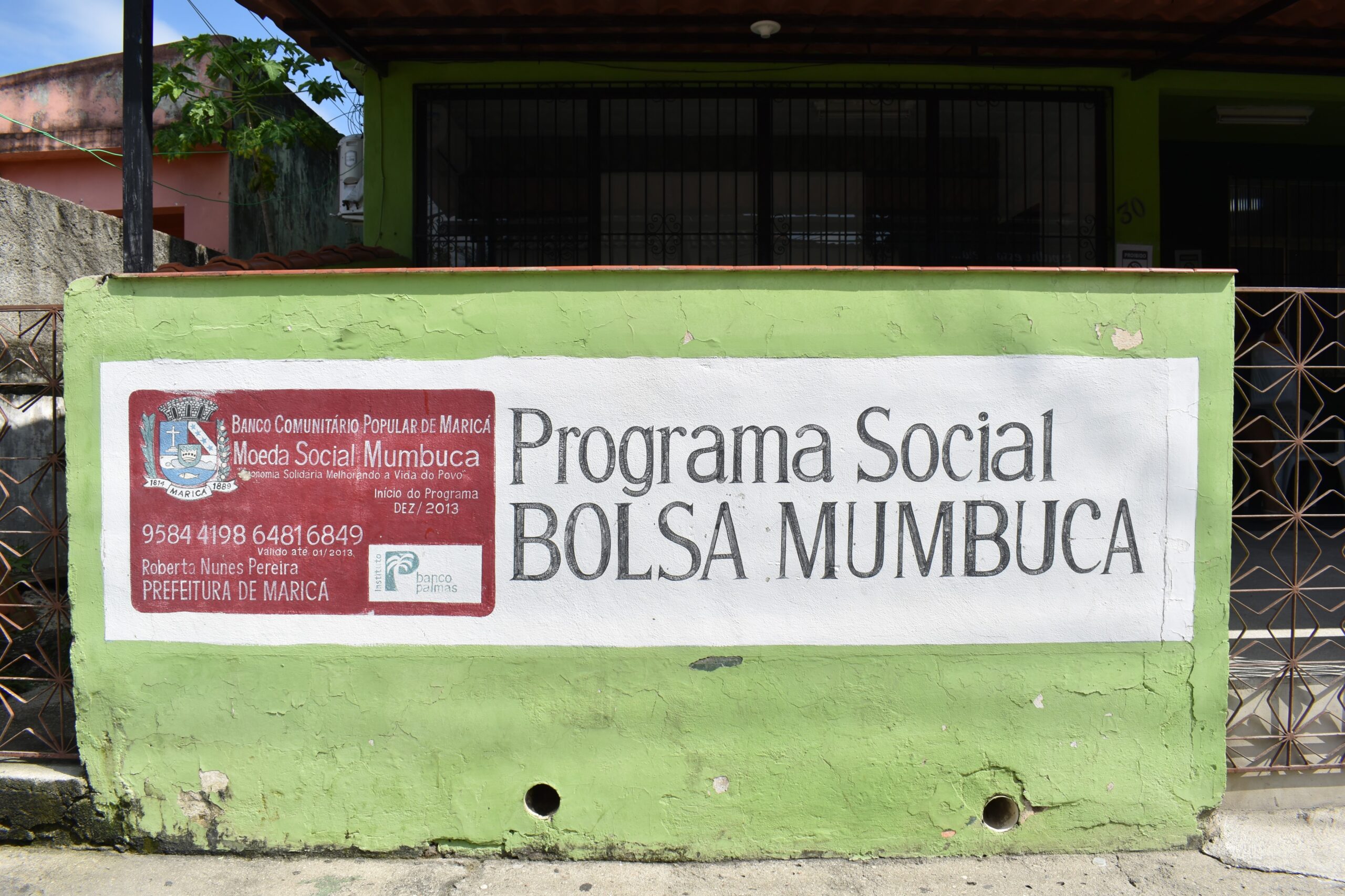Urban policy magazine discusses JFI’s guaranteed income pilots

Echoing the rising interest in guaranteed income policies nationwide, Jake Blumgart of City Monitor spoke with JFI’s Stephen Nuñez and Halah Ahmad on cash relief proposals and pilots in cities. Pointing to research from the 70s to the present, Steve highlighted the existing evidence that cash transfers can have positive impacts on poverty without causing people to quit jobs or spend frivolously, as once assumed.
Drawing on our role in the design of research for the Stockton Economic Empowerment Demonstration, the guaranteed income pilot championed by Stockton Mayor Michael Tubbs, Steve highlighted the capacity of pilots to provide acute poverty relief while building public interest in a widespread cash transfer policy.
From the article:
“There’s been a lot of research over the years on cash transfers of all sorts: lotteries, conditional cash transfers, or unconditional programmes,” says Stephen Nuñez, lead researcher on guaranteed income for the Jain Family Institute. “You don’t see an uptick in crime. You don’t see everybody quitting their jobs. There can be some modest decrease in work effort, especially among secondary earners, but it’s nothing like the doom and gloom you might expect.”
Read the full article here, and thank you to Jake Blumgart for the feature.
Related
HudsonUP Basic Income Pilot releases year four report
Qualitative and quantitative research on how guaranteed income has affected recipients.
Household Responses to Guaranteed Income: Experimental Evidence from Compton, California
Press release: New evidence on GI from a randomized controlled trial.
New Release: First paper from the Maricá Basic Income Evaluation
Diverse impacts of the largest basic income program in Latin America on socioeconomic outcomes; crisis response use-case


